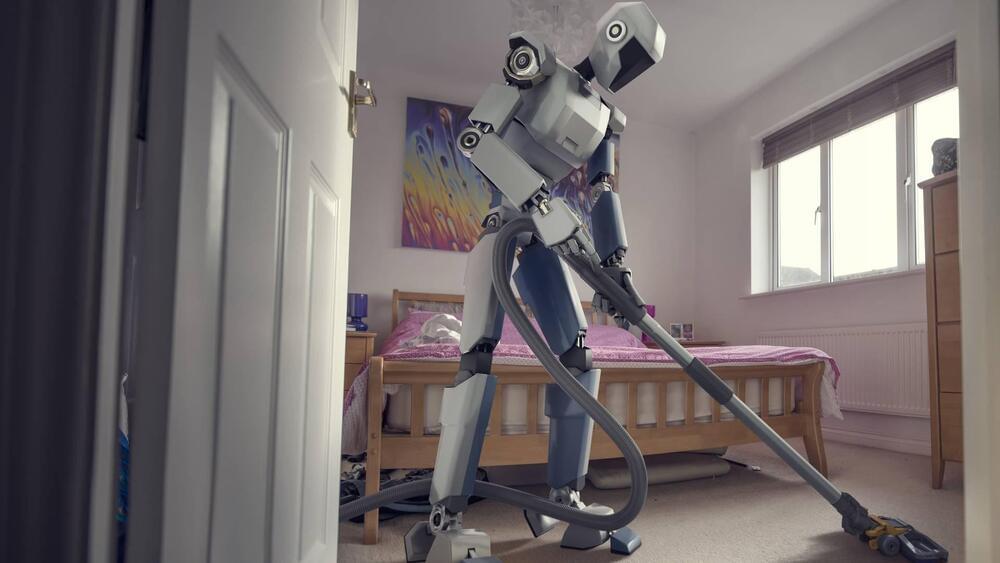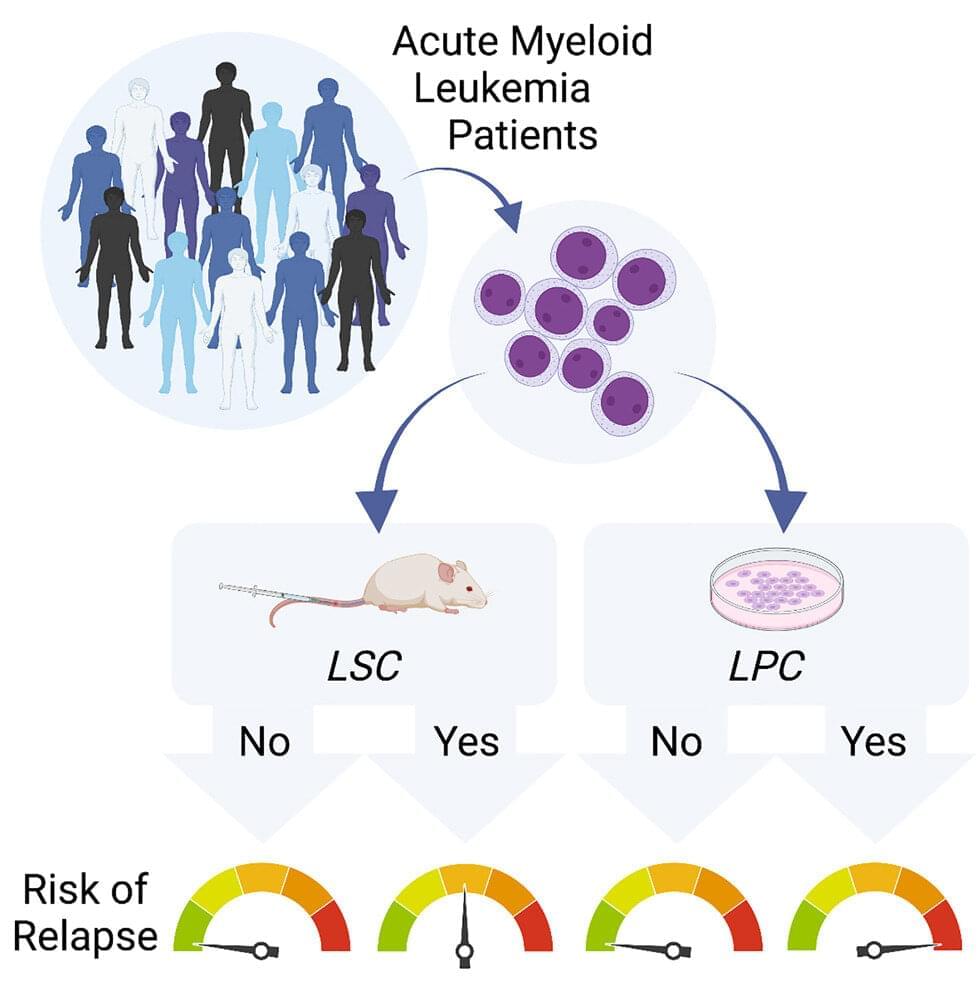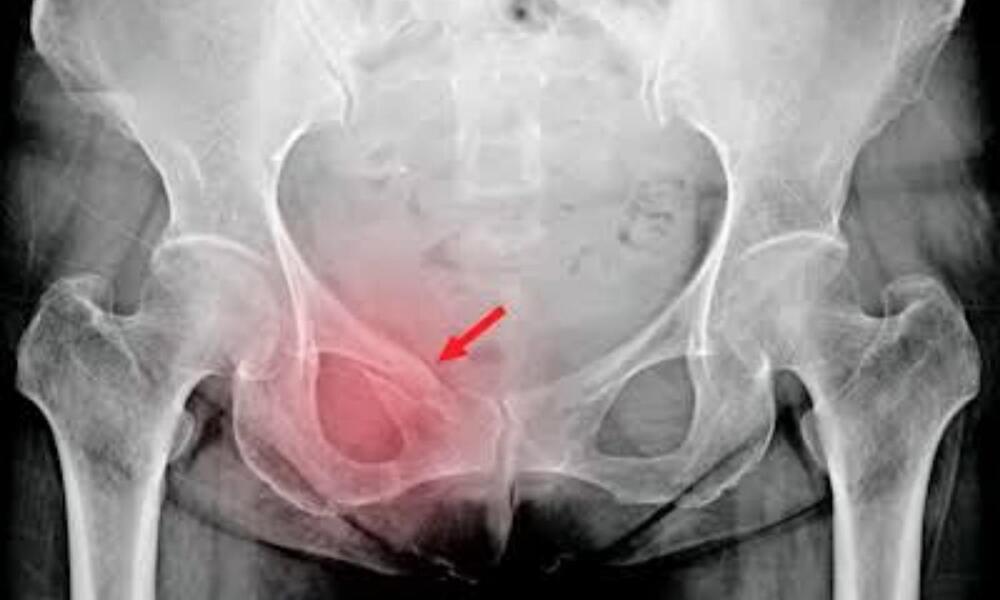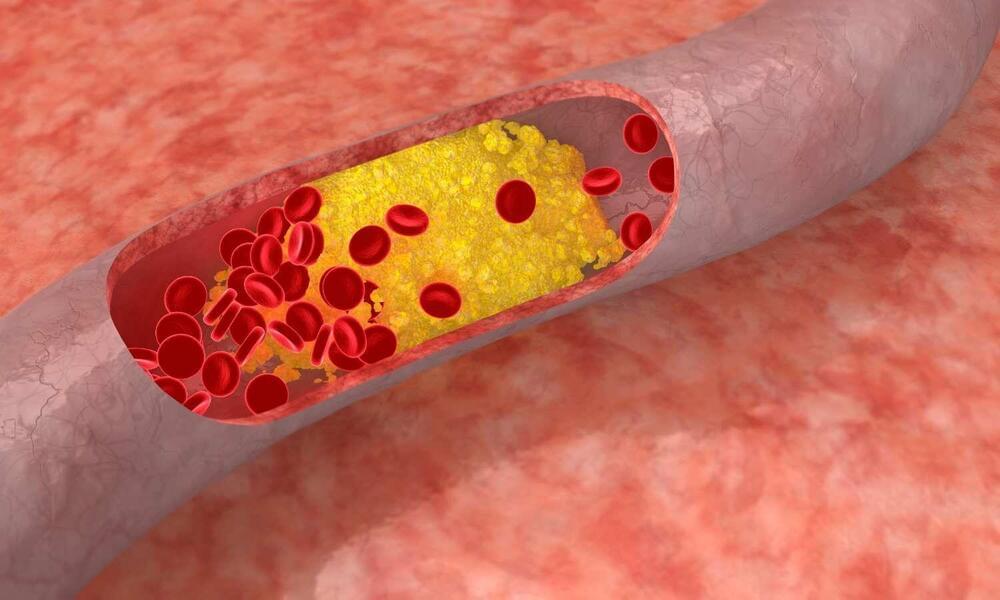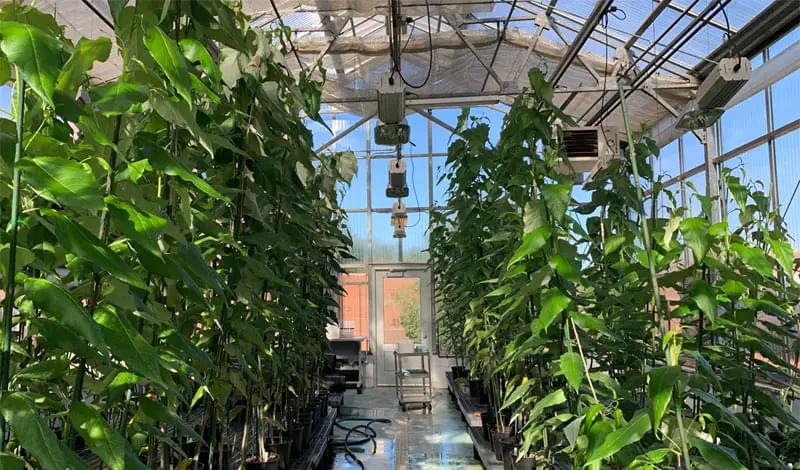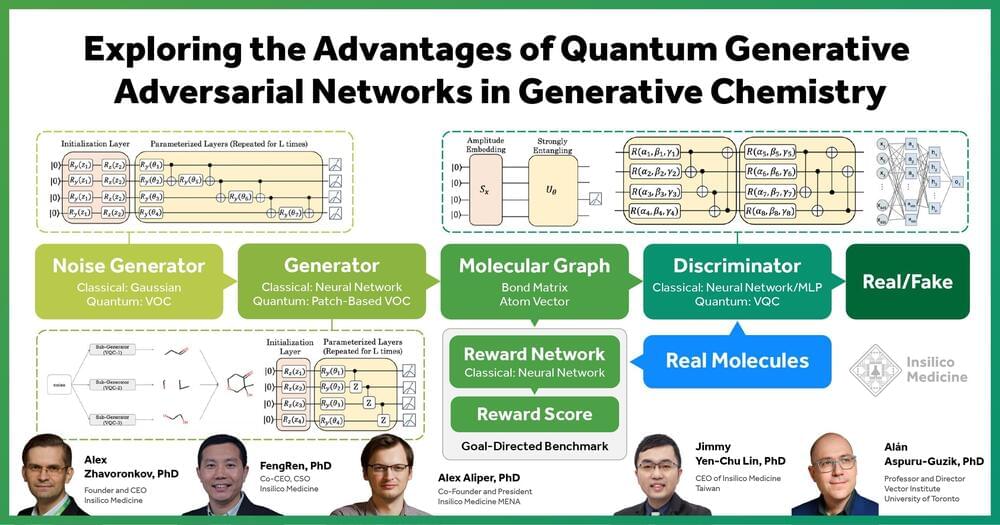Some long-lived fungi species appear to be able to use a special type of cell division to stop cell mutations in their tracks, reducing the chances of cancers growing, scientists have discovered.
Fungi are comprised of networks of filaments known as mycelium. Within the cells of these filaments, there are usually single nuclei with half a set of chromosomes, known as “haploid,” similar to a human sperm or egg. Only when the fungus needs to produce spores to reproduce asexually, such as in the gills of mushrooms do these nuclei fuse.
Researchers from Wageningen University & Research revealed in a paper published in the journal Microbiology and Molecular Biology Reviews that mutations may arise in these nuclei that prevent the mycelium filaments from fusing, therefore stopping the fungus’s ability to produce spores and reproduce asexually.

